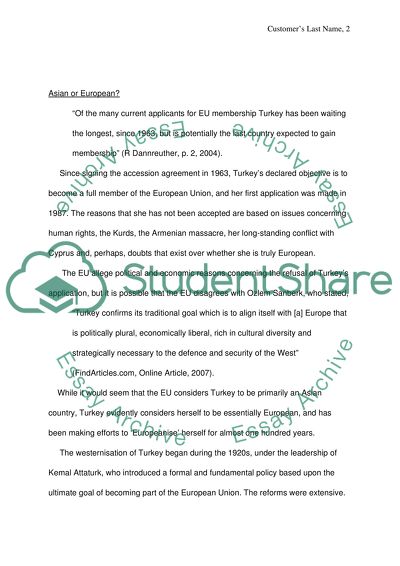Cite this document
(“Turkey and the European Union Essay Example | Topics and Well Written Essays - 2500 words”, n.d.)
Turkey and the European Union Essay Example | Topics and Well Written Essays - 2500 words. Retrieved from https://studentshare.org/miscellaneous/1511156-turkey-and-the-european-union
Turkey and the European Union Essay Example | Topics and Well Written Essays - 2500 words. Retrieved from https://studentshare.org/miscellaneous/1511156-turkey-and-the-european-union
(Turkey and the European Union Essay Example | Topics and Well Written Essays - 2500 Words)
Turkey and the European Union Essay Example | Topics and Well Written Essays - 2500 Words. https://studentshare.org/miscellaneous/1511156-turkey-and-the-european-union.
Turkey and the European Union Essay Example | Topics and Well Written Essays - 2500 Words. https://studentshare.org/miscellaneous/1511156-turkey-and-the-european-union.
“Turkey and the European Union Essay Example | Topics and Well Written Essays - 2500 Words”, n.d. https://studentshare.org/miscellaneous/1511156-turkey-and-the-european-union.


